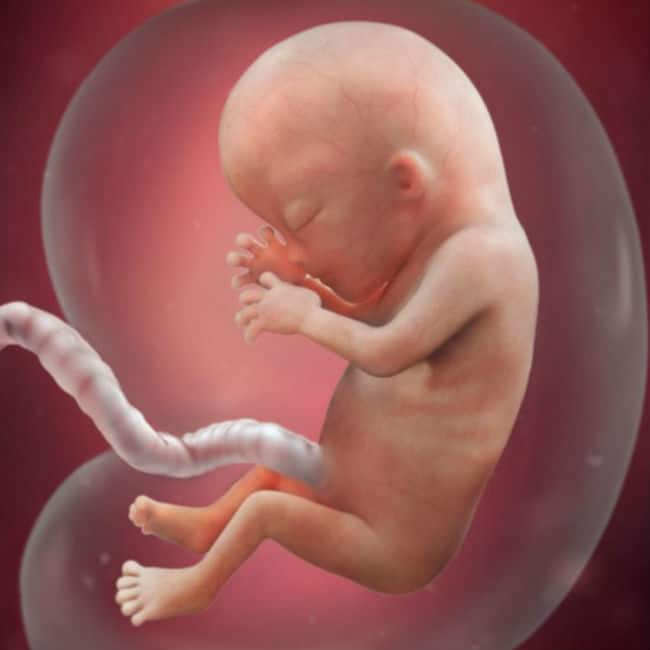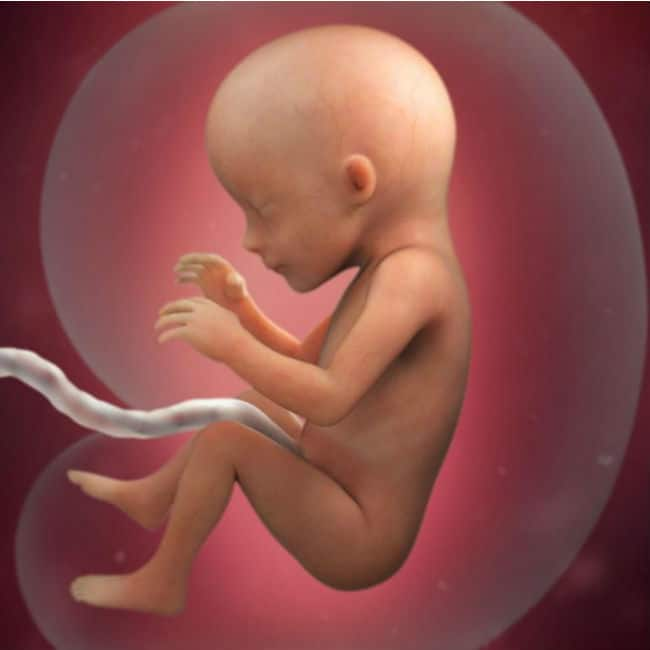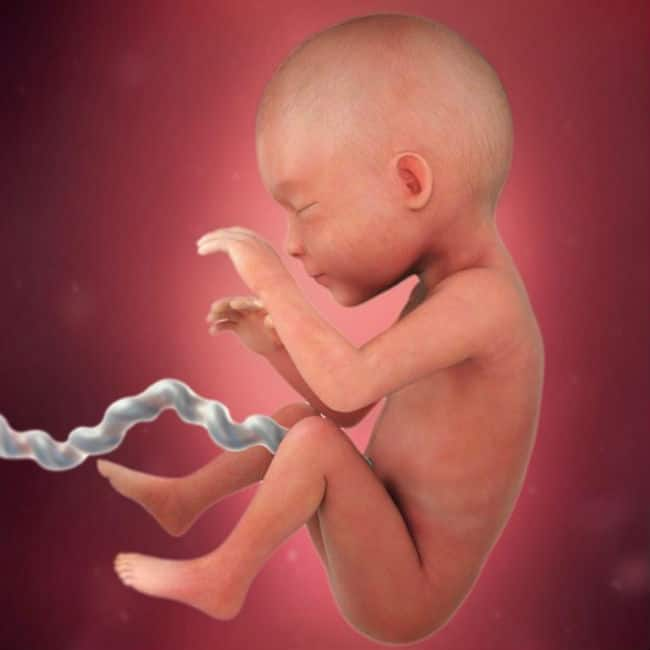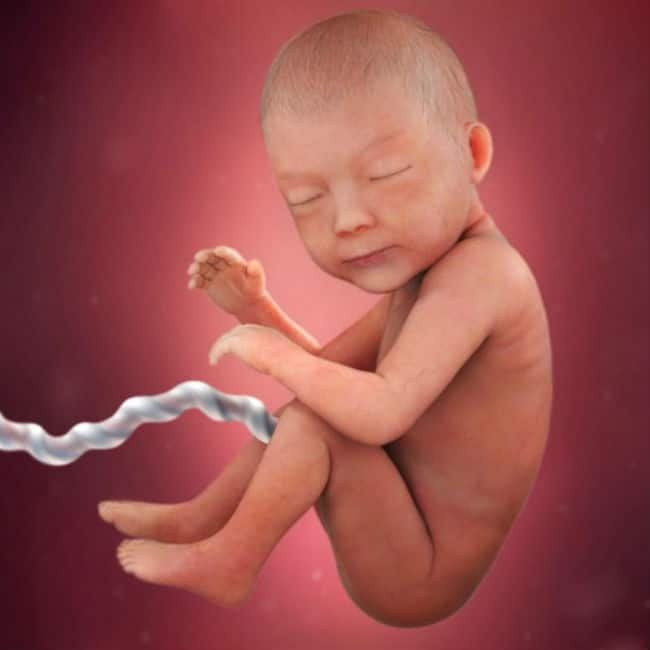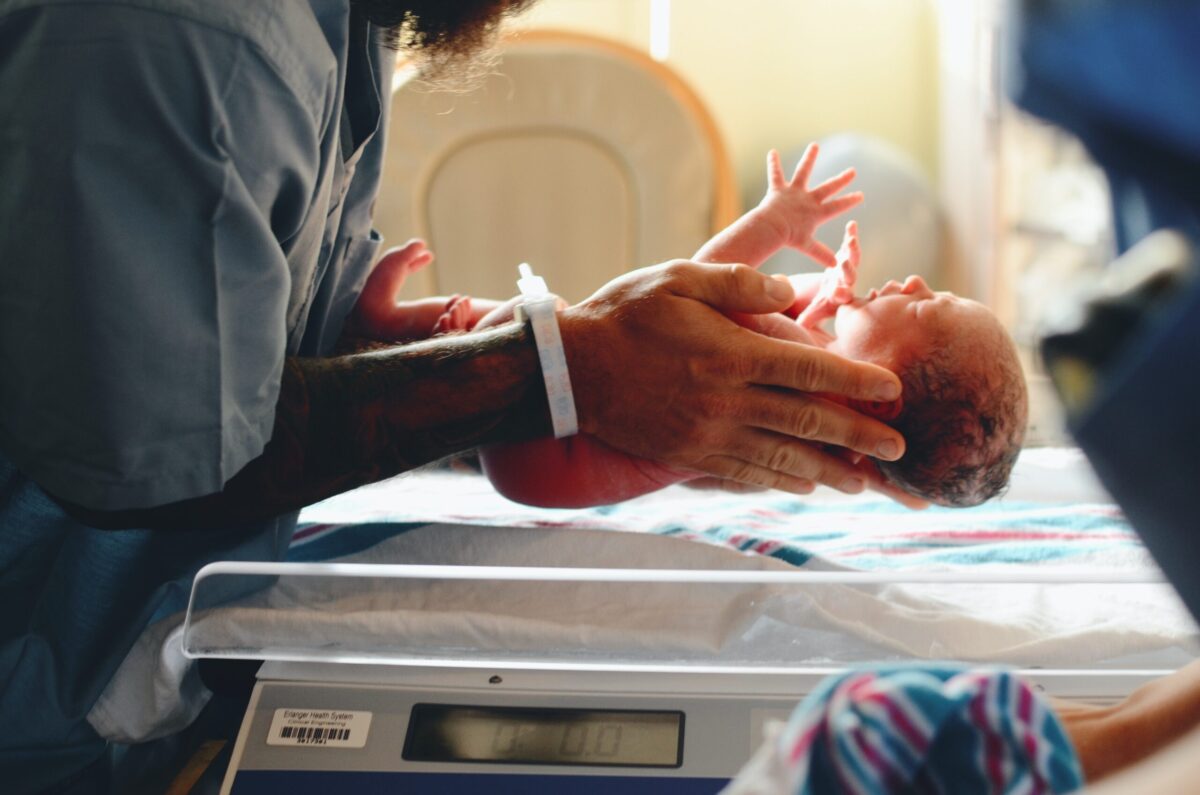The Learning Journey
I had just completed my research on babies learning development within the womb when we had a family gathering with my three sisters, who combined have had seven children and ten grandchildren. I asked the question! At what stage do Babies begin to learn? My sisters would have had more experience with babies and children than I would have had. However, I was astonished by their answers. The learning journey.
Between them, they hypothesised that babies might begin to learn between three months to twelve months. I could not fathom how three women with seven full-term pregnancies could even imagine that babies only began to learn after they were born and not inside the womb. They never considered that their babies might be learning whilst still inside them or that baby might be experiencing everything Mother was experiencing. They never thought about the possibility, which startled me even more.
The Baby Learning Journey
My studies had shown that babies began to learn at around eighteen weeks after conception, not at eighteen weeks old. My continuing research supports continues to support these findings. This well-documented research and information became instrumental to me when dealing with clients with depression. Along with trauma, anxiety, stress, abandonment issues, approval and self-esteem issues, to name but a few. Like all childhood trauma, many people forget, outgrow or suppress the experience whilst in the womb and, indeed, on the way out. But again, just like childhood trauma, some people don't. All memory becomes imprinted into our cellular membrane and develops a program around the memory. Cellular memory encodes within our DNA and stays with us forever, according to Dr Bruce Lipton.
So what might the ramifications be if a baby learns in the womb? Let us consider this; everything Mother is sensing, feeling, thinking, seeing, hearing, saying, doing when she is carrying a baby. As the pregnancy progresses, the baby is also experiencing all those sensations and emotions by week twenty-four. Albeit in a slightly different way. However, it's the start of the learning journey.
Learning From Our Senses
It may seem implausible or even impossible that a baby may be able to sense, hear and listen to others talking around Mother while they are still within her. However, the sound-processing parts of their brain become active around six months. As sound carries through the Mother's tummy, Eg., "If you put your hand over your mouth and speak, that's very similar to the situation the fetus is in," says cognitive neuroscientist Eino Partanen of the University of Helsinki. "You can hear the rhythm of speech, music, and so on." is a positive learning journey.
If Mother and Father don’t get along, and Father shouts at Mother or is aggressive or abusive towards her or beats Her, baby knows and grows in traumatic fear of Father and, indeed, of all men. Baby recognises Father's voice and knows it’s not safe to be with him. By the same token, if Father is caring, loving and emphatic towards the Mother during her pregnancy, then the baby knows and feels that too. Baby knows his or her father's voice and empathic and loving nature and knows he is safe to be with.
Trauma Passed To The Womb
If Mother has a traumatic experience whilst pregnant, such as a fall, car accident, or an attack, the baby also experiences that trauma. With no way to release that trauma, the baby carries it with them through birth and sometimes life. (I will discuss the release of trauma in another article). Sometimes Mother becomes pregnant by mistake, and she does not want a baby. Maybe she’s very young, or maybe she got drunk and had sex with a stranger. Or maybe she just made a mistake and became pregnant. But unwanted. This happens; that is life.
She may then broods and worries how she will cope, she becomes stressed and sometimes depressed with the burden of what to do, she may decide to abort, she may decide to keep the pregnancy and give the baby up for adoption or she may be forced to keep the baby and raise him or her as a single parent. Baby at six months inside the womb is now aware of Mothers feeling, her anxiety, her guilt, her shame of being pregnant under the circumstances, whatever they might be. Baby now knows he or she is unwanted. Baby's journey for the remainder of the pregnancy is an awareness that my Mother does not want me.
The Support Network
Depending on the support around Mother, if that support is negative, in other words, if all around Mother wants baby eliminated from their lives. This will exasperate babies' feelings as now not only does the Mother not want the baby, nobody else wants the baby either if the baby is conceived through an act of violence or rape. Baby, by six months in the womb, will already feel this.
Baby's feelings “I am unwanted in here, and nobody wants me out there.”
Usually, the Mother becomes pregnant by plan, or life just happens; either way, she wants a baby and is delighted and joyous with her new condition. She may have morning sickness, but she still is happy no matter the physical changes within her body. A love and bond grow like no other.
The Second Trimester The Baby Feels
A baby in the second trimester inside the womb is now aware of Mother's feelings, love, excitement, maternal instinct, and joy. Baby knows he or she is wanted, loved, cared for and minded. Baby's journey for the remainder of the pregnancy is an awareness that Mother loves me. If Father is loving and caring and those around Mother are supportive in a positive way, then the baby feels loved and safe.
Babies' feelings “I am wanted in here, and everybody wants me out there.”
If the baby is conceived from loving energy, in other words, the baby is created through the loving union of a man and a woman. By six months in the womb, the baby will already feel this. Every interaction a Mother has during her pregnancy, the baby is part of and knows. Baby recognises the energy and tonality of Father, if he’s around, also those special people in Mother's life, such as Mother's parents, siblings and friends who would be close to Mother during her pregnancy.
The Partners Love For A Baby
Some Fathers are so loving and empathic that they talk to the baby inside the womb during pregnancy. They hold and rub the Mother's tummy and kiss the tummy as if to kiss the unborn child. Imagine how that makes the baby feel! Of course, you also have Fathers who ignore the fact that there is a baby in there. Imagine how the baby might feel now! Irrespective of positive or negative conception and environment. Sometimes baby leaves the planet before being born; perhaps the baby finds this part of the learning journey too traumatic. Or perhaps that was the agreement made before they arrived. We will never know for sure.
Babies Birth - A Personal View
I believe we all have an entry point and an exit point that does not change, and everything in between is a fluid sea of possibilities and potential and, ultimately, our choice. When it gets to birthing time, some babies arrive early, premature, while others are late and overdue. Why might that be? For some, there are medical reasons, and for others, no reason.
My own feelings on this are if I was unwanted, would I want to come out, or if Father was a bully or Grand Father was abusive? Would I not want to stay in the safety of Mother's tummy? I think I would want to stay as long as possible. On the other side, if my Father was loving and caring and courageous, and Grand Parents were loving and supportive, I would want to get out as fast as possible to meet them.
But I want to seed the thought here, why might babies be early or late? Notwithstanding any medical condition, which also could be a contributor to the question.
The Birth
The journey out of the womb is no joke or easy task. I have discussed this with many women. Mother is pushing, and in labour, a nice way of saying she is in agony and on the other side, baby is being pushed out of his or her comfort zone. Regardless of whether they want to come out or not. The bones of a 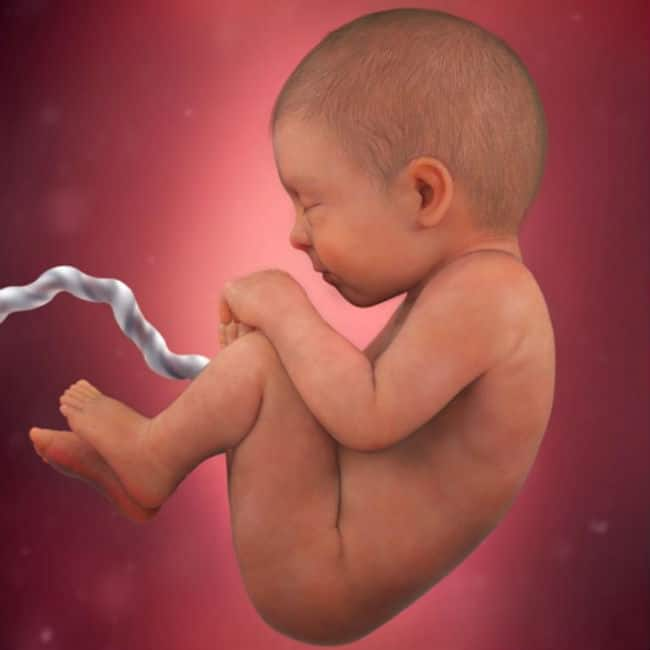 newborn baby's skull are soft and flexible. The soft bones of the skull collapse, and the baby is pushed out from the cocoon of safety. Up to this point, the baby has been connected to Mother in every way. Now the baby is being isolated and alone to breathe on his or her own for the first time. The trauma of suffocation until the baby realises her/she can breathe is terrifying for the baby, and the cutting of the cord, the final disconnection with Mother.
newborn baby's skull are soft and flexible. The soft bones of the skull collapse, and the baby is pushed out from the cocoon of safety. Up to this point, the baby has been connected to Mother in every way. Now the baby is being isolated and alone to breathe on his or her own for the first time. The trauma of suffocation until the baby realises her/she can breathe is terrifying for the baby, and the cutting of the cord, the final disconnection with Mother.
For the first time, a baby is now totally and completely an individual. Alone. There are other types of births to consider at this point. These are a birth using forceps, vacuum extraction or indeed a caesarian section. What impact might they have on the already learned and evolving baby?
One can only imagine the trauma of being caught by forceps and pulled kicking and screaming from the safe cocoon of the Mother's womb, or worst, a plunge-like tool is stuck to the baby’s head and again pulled out of his or her comfort. Traumatic? I would think so, for both Mother and baby.
The Complicated Birth
The caesarian section presents a different hypophysis; there is no trauma on the exit of the womb, no struggle, no effort and no forced evacuation. What impact might this have on the child or adult in later life? Or indeed Mother at the time of birth. Might we need to learn to struggle for survival?
The Negative Learning Journey
So if we consider the baby's journey so far, we use negative hypophysis. In other words, Father is a bully or not on the scene, Grand Father is abusive, and everybody supports getting rid of the baby. How might a baby feel when arriving out of the womb? Terrified, scared, untrusting, anxious, the list goes on.
The Positive Learning Journey
Let’s now consider the baby's journey so far using a positive hypophysis. In other words, Father is a loving, caring, emphatic and courageous man, the Grandfather and Grandmother are adoring and supportive, and all want the best for the baby. How might the baby feel? Loved, treasured, cared for, supported, safe, trusting,, and so on.
As the baby grows outside the womb, disconnected from Mother, alone, and vulnerable, how might the baby react or connect with those now outside and around them, given the experiences the baby encountered in the womb? We never give it a second thought; we never consider the impact of that initial phase of baby learning and how that phase has the potential to mould and shape his or her character and personality for the future.
Our words and actions are like a pebble in a pond, and you get to choose if those effects are positive. Make the learning journey a positive one
- David Ellis















